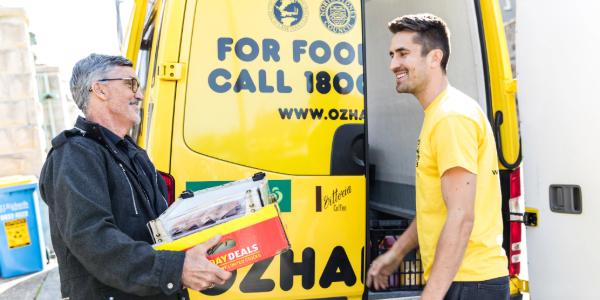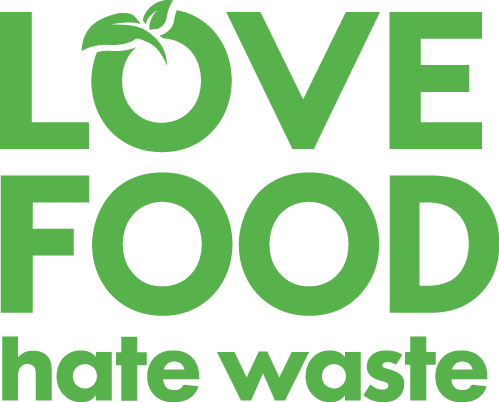
Food waste solutions for business
Does your business have excess food? Before you throw it out, check out these ideas.
Food donation
If your business has leftover, quality, edible food, have you considered donating it? With more than 100,000 people in NSW going hungry each month, it’s a great way to help the community, while saving on food waste costs.
There are three key parts to food donation:
1. Great donors!!
2. Food rescue heroes: who collect and distribute rescued surplus food.
3. Food relief heroes: who use rescued food to provide meals, hampers, pantries etc. as food relief for the community.
The Civil Liability Act 2002 No 22 protects food donors from civil liability as long as donors ensure:
• food is donated in good faith for a charitable or compassionate purpose
• food is donated with the intent that the food consumer does not have to pay
• food is safe to eat when it left possession or control of the donor
• the donor gives the food rescue organisation any information it needs to ensure the ongoing safety of the food.
Examples of food that can be donated are:
• excess food at supermarkets, markets, restaurants and cafes etc
• leftover, unused portions not served to customers or clients, such as café/catering sandwiches or salads
• damaged or incorrectly packaged food from food manufacturers
• food past its 'best before' date, provided it is not damaged, deteriorated, perished or past a 'use by' date
• farm-grown food that does not meet supermarket size or cosmetic criteria.
To donate correctly, it’s important to understand the difference between ‘best before’ and ‘use by’ dates.
Use by dates are for safety, so food cannot be donated or sold if these dates have expired.
However, best before dates relate to quality and when food is expected to be at its best. Food can be donated after a ‘best before’ date if it’s been stored properly, and the food itself is not damaged, deteriorated or perished.
Watch: Understanding date labels
For more information regarding ‘use by’ and ‘best before’ dates please visit the NSW Food Authority and Food Standards Australia.
How to start donating
There are three major food rescue organisations in NSW:
• Foodbank
• OzHarvest
• SecondBite
We recommend reaching out to them to discuss regular collection options to suit your needs. Alternatively, a local food relief charity may be able to collect donations directly.
To find charities in your local area, access AskIzzy’s online directory by clicking on ‘Food’.
Regular, quality food donations are key to supporting the local community and keeping edible food from being wasted. The Love Food Hate Waste Donation Tool Kit (PDF 3.0MB) provides all the information you need to get started.
Sell/Donate online
Online resale platforms like YUME can be an option to connect food manufacturers with businesses and charities to distribute surplus food.
Onsite food waste management
While most food waste is avoidable, some is not: inedible vegetable skins, eggshells and teabags for example. You may be able to set up worm farms, compost bins and dehydrators, instead of sending waste to landfill.
We recommend checking with your council first on what’s available/allowed in your area. Find your council at https://www.olg.nsw.gov.au/public/find-my-council.
The free Bin Trim Business app can assess your business's waste and identify actions to avoid and reduce waste, and associated costs. It's easy to use with free phone and email support and a video to guide you. Find out more at epa.nsw.gov.nsw/bintrimapp
The Bin Trim Networks Program also has information and support on recycling food scraps and other waste materials.
Offsite food waste management
There are a range of specialised services to manage food waste offsite, including largescale composting, worm farming, protein farming or other technologies like anerobic digestion.
When considering the right fit for your business, emissions might be a deciding factor. The EPA's factsheets on the emissions impacts of different food waste recovery technologies can help you decide what's best for your business.
Or why not talk to neighbouring businesses to find out if there’s a common solution for your area?
